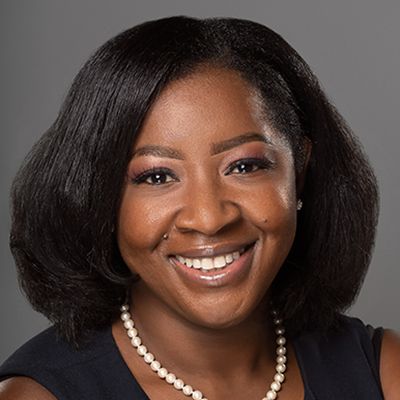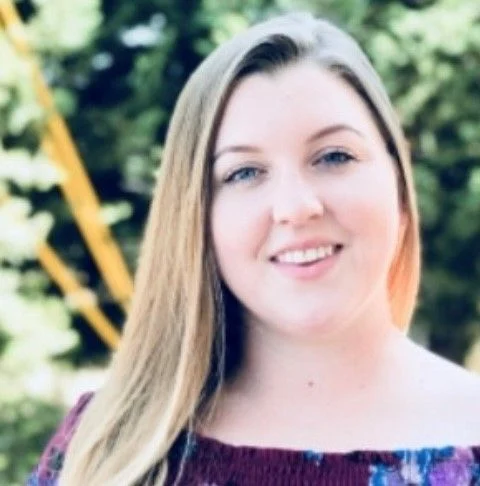
Patient preferences and insights are increasingly considered throughout the medical product life cycle in addition to clinical outcomes. We know that incorporating patient preferences in the product life cycle can create meaningful results and improve potential adherence for patients using or relying on medical products.
The US Food and Drug Administration’s (FDA) Center for Devices and Radiological Health and the Center for Biologics Evaluation and Research first released guidance on including patient preference information in the development of medical products in 2015. Given that this is a relatively new approach, patient preferences were not broadly considered in developing many of the predominant cancer screening modalities we rely on today for population-level cancer control, such as mammograms, colonoscopies, and Pap smears. The lack of patient considerations incorporated into the development of screenings may impact adherence to recommended current screening guidelines, negatively influencing patient outcomes and, ultimately, survival. The incorporation of patient preferences into the development and advancement of early intervention technologies and treatments is equally important. As screening technologies advance and detect cancer earlier, it is imperative that the development process for early intervention modalities includes patient insights.
The Rising Tide Foundation for Clinical Cancer Research, a cancer research funding organization, approached FasterCures about researching the potential influence of patient preferences and insights on the future development of new cancer screening modalities and early interventions. Based on the success of this initial research, we expanded our work into this full report. Exploring patient preferences in cancer screening modalities and early interventions builds on FasterCures’ work to embed the experiences and preferences of patients across the biomedical ecosystem to address patient needs and improve outcomes.

















